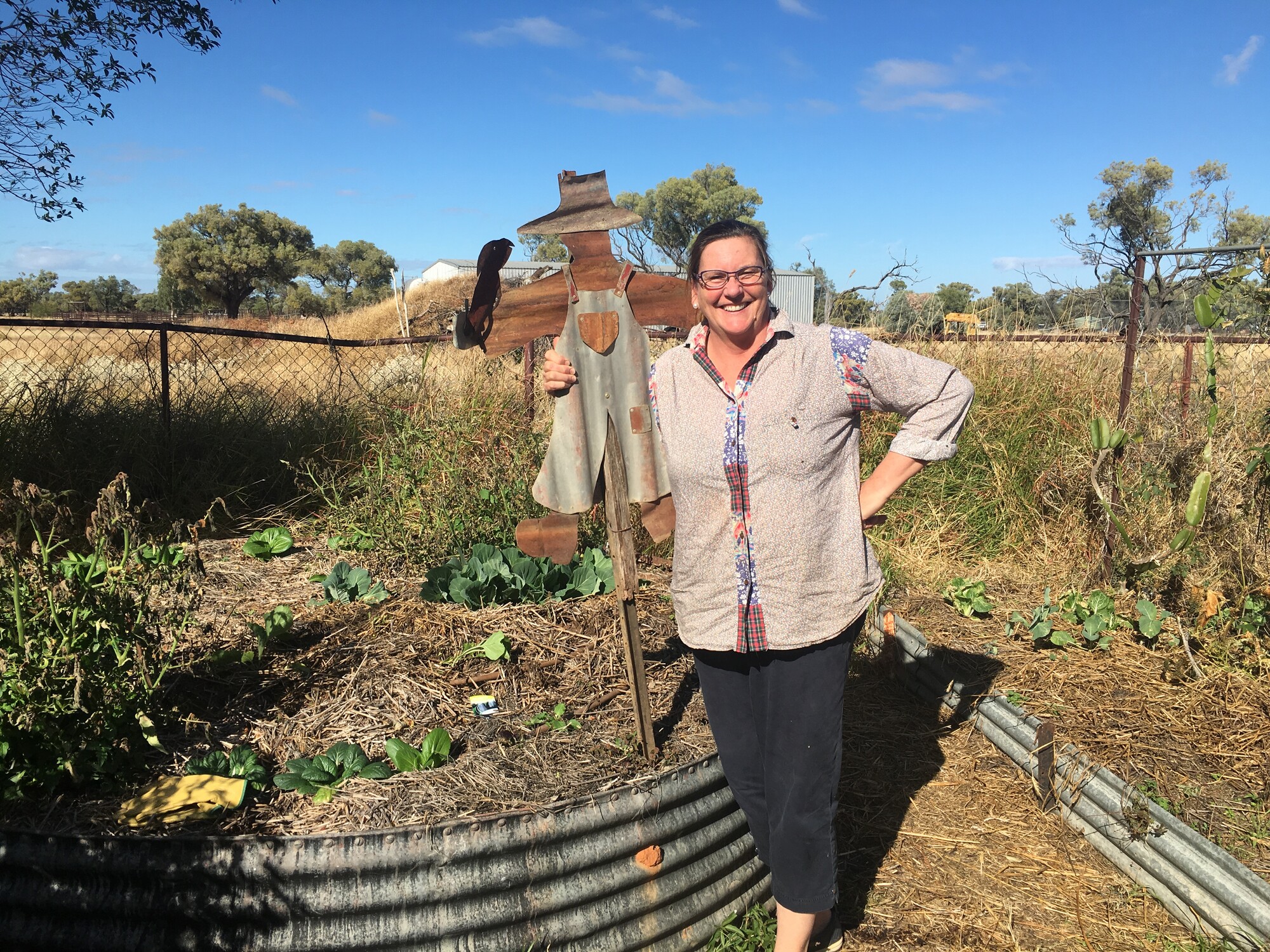First published in the Rural Weekly
The reality of living in Outback Queensland wasn’t something I could have predicted, growing up as a young girl from the beach town of Mackay. Nestled between the ocean and the rainforest and flanked by cane fields, the air there was always humid, and the weather is torrid and turbulent – a far cry from the long dry that we often experience in my home today, deep in the heart of the Channel Country.
When I was 26 years old, I married my husband Angus and moved far out into Outback Queensland to live a station life on Noonbah, a 52,000ha property 150kms outside of Longreach. I remember the first time I visited the station, turning off the highway and driving forever across a flat plain that stretched out to the horizon. “What have I done?” I thought to myself. Finally, a tree line came into view and to my relief I found that the station had plenty of trees and wildlife along with lush floodplains and braided waterways.
When I moved into Noonbah, at that time with Angus’ parents, I began a steep learning curve. However, I was quick to learn the station life, with a strong appreciation for the landscape – its plants, animals, birds and seasons – and the ways in which they are deeply connected. Here, in the Outback, things change much more slowly but it is always changing. It’s this slow transformative beauty that I’ve come to love deeply over the years. I’m reminded every day that there is much more going on than how the grass is growing or how fat the cattle are. It’s about a whole system that works for Angus and I, our stock and the natural environment as well as the wildlife that make this place so unique.
The climate in the Outback dictates every aspect of daily life. It is unpredictable and you are often at the mercy of the natural environment. Here, we have adapted to one of the world’s most dramatic ‘boom and bust’ cycles, often going for years without rain. It is very hard not to let the drought affect you, it brings you down and feels like it is the cause of all your woes. However, when it rains and the floodwaters begin to flow slowly through the landscape, the mood shifts dramatically. The whole community comes alive bringing a festive atmosphere – everyone is calling each other to report where the flood front is and at what height the water is at.
Immediately after the rains begin, the air smells different than it has in years. The zebra finches arrive and begin to nest, while the insects busy themselves in the earth to the background cacophony of frogs. By the second day a green haze begins to appear across the earth. When the water flows through the channels and the desert blooms, you get a sense you are witnessing something momentous, a globally significant natural phenomena.
You don’t have to tell people out here that water is a precious resource. As a community, we guard our water carefully – working together to ensure that we are managing the precious water resources for both people and planet. It’s the relentless attempts from outside interests that threatens this balance – proposals that seek to change the natural flow of the river systems with the promise of making a quick buck. First it was about damming the waters to redirect them to irrigate fields of cotton, but more recently the fracking industry is seeking to expand their wells and roads across our fragile floodplains.
We have some of the last remaining free-flowing desert rivers in the world that support our productive floodplains with over 250 species of native grasses and herbs. The naturally irrigated pastures of the Channel Country require no chemical input, making this one of the greatest organic beef producing areas in the country. I challenge anyone to taste a steak from this region and not realise the difference in quality. To suggest that we should carve up this country for irrigated mono-crops or destroy it permanently with dangerous fracking is nothing short of disastrous.
The Outback is very different from the tropical, coastal environment of my youth, but it is one that I have grown to love for all its subtleties and far reaching landscapes. I’ve now lived here longer than anywhere else in my life and it’s become my home in ways much further than the four walls of Noonbah station. It’s remote, it’s different and I’ll admit that I am still learning every day. But I intend to care for this country and fight for it to remain as special as the day that I first drove across the dusty plains all those years ago.
Karen Emmott lives on Noonbah Station outside of Longreach with her husband Angus.

